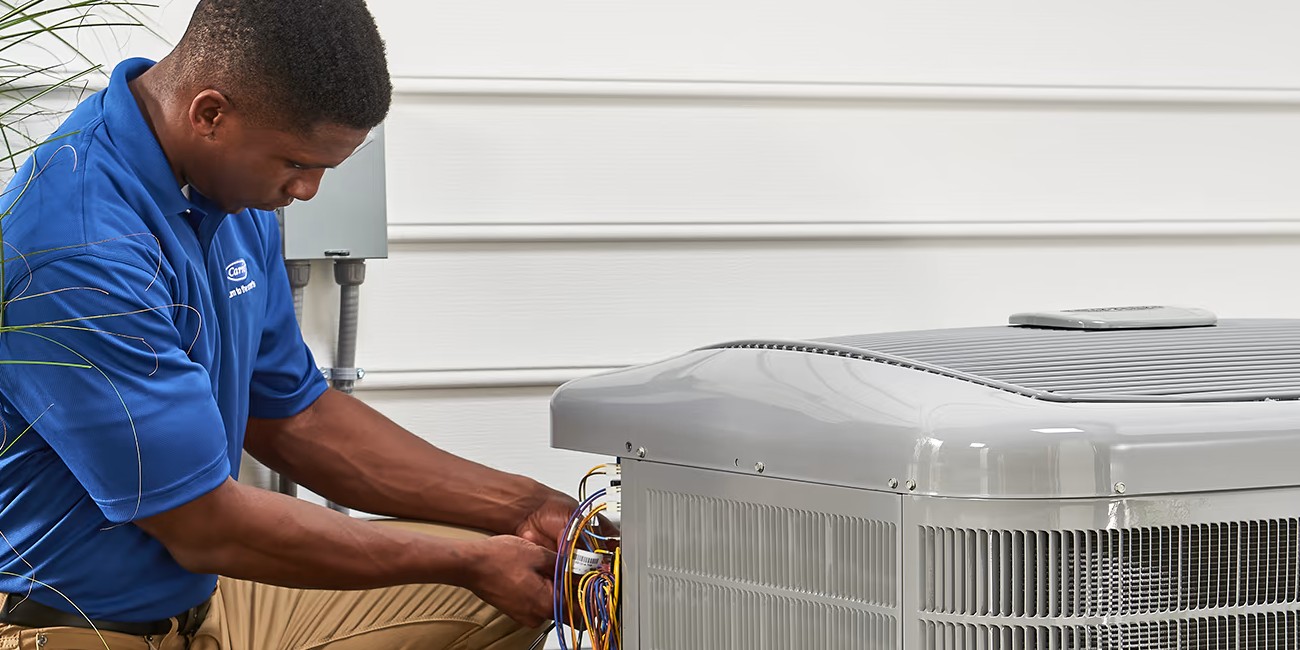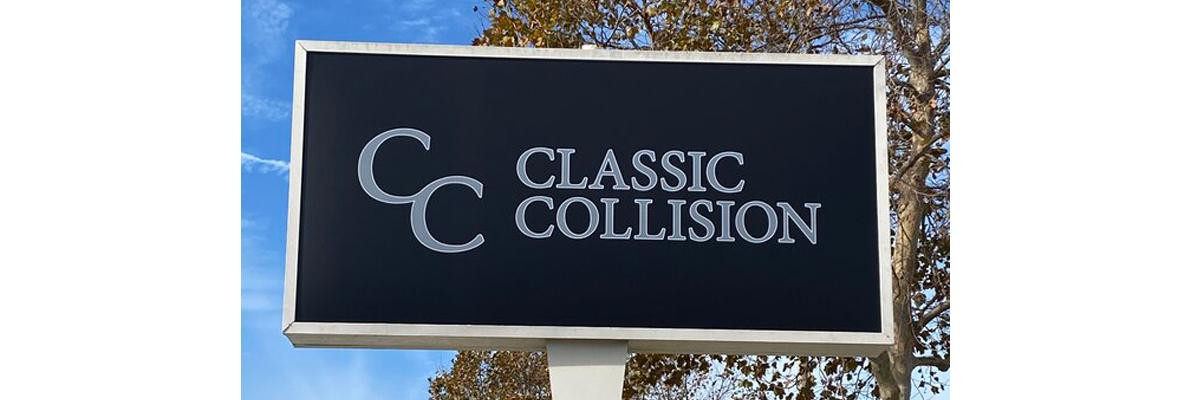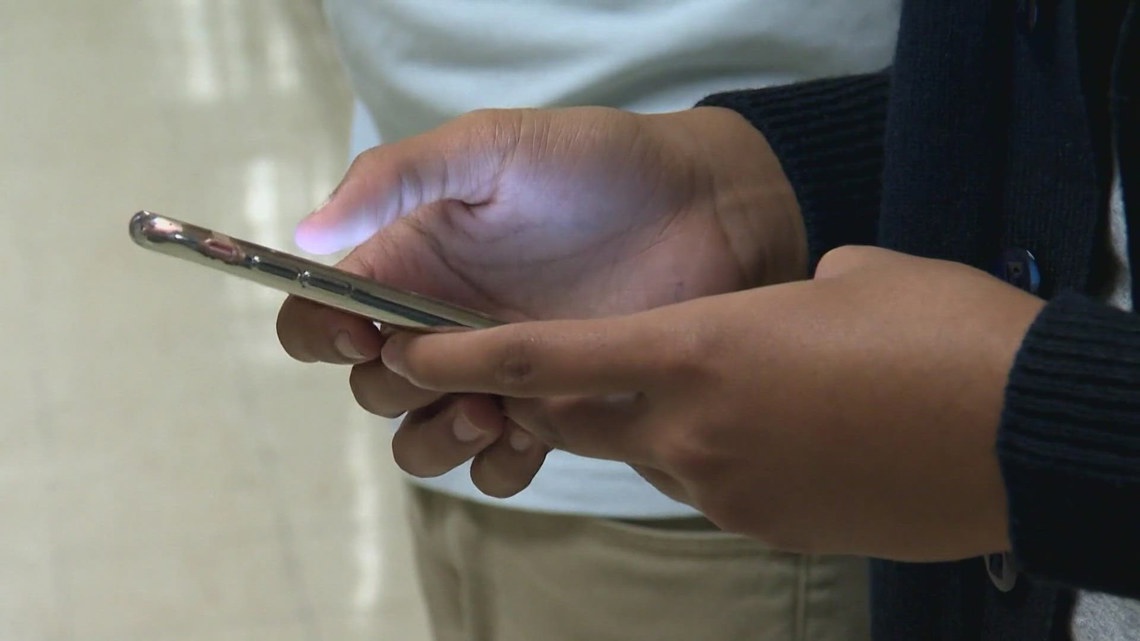First in the US: Home Energy Rebates program deployed in New York

New York Leads the Way in Home Energy Rebates Program
New York has set a groundbreaking precedent by launching the Home Energy Rebates program, aimed at assisting low- and middle-income households in saving up to ,000 on energy-efficiency upgrades.
This initiative in New York is part of a national effort that involves .8 billion in federal funding to help states, territories, and Tribes reduce household energy expenses and enhance the energy efficiency of homes. With this funding, it is now more affordable for residents to install energy-saving technologies such as heat pumps, electrical panels, and insulation. The Home Energy Rebates program was established under the Biden administration’s Inflation Reduction Act.
These upgrades are expected to save consumers up to billion annually in energy costs and create an estimated 50,000 jobs in various sectors such as residential construction and manufacturing.
New York is rolling out the first phase of its 8 million Home Electrification and Appliance Rebates (HEAR) program, which is one of the two components of the Home Energy Rebates initiative. The state is incorporating the funding into its existing EmPower+ program, which caters to homeowners and renters with incomes below 80% of their area median.
Under the initial phase, single-family properties and multifamily properties with up to four units are eligible. Subsequent phases will extend the program to larger multifamily buildings and offer point-of-sale rebates at retailers.
Homeowners in New York can utilize the rebates to cover the costs of installing air sealing, insulation, ventilation, heat pumps, heat pump water heaters, and electric upgrades. Each housing unit is eligible for a maximum rebate amount of ,000.
Additionally, New York is enhancing its Home Efficiency Rebates program with an additional 9 million from President Biden’s Inflation Reduction Act. This additional funding will provide eligible households with up to ,000 in extra rebates for initiatives that reduce energy usage by at least 20%.
Other states such as Massachusetts, Michigan, and Rhode Island have also submitted applications to the US Department of Energy for funding to establish their own Home Energy Rebate programs. To date, 17 states have applied for nearly .9 billion in funding for at least one of the Home Energy Rebate programs. Each state is responsible for administering its own program.
For more information about the status of your state’s program, you can visit energy.gov/save/rebates.
In conclusion, New York’s commitment to energy efficiency and cost-saving measures through the Home Energy Rebates program sets a positive example for other states to follow suit. This initiative not only benefits homeowners but also contributes to job creation and environmental sustainability.





